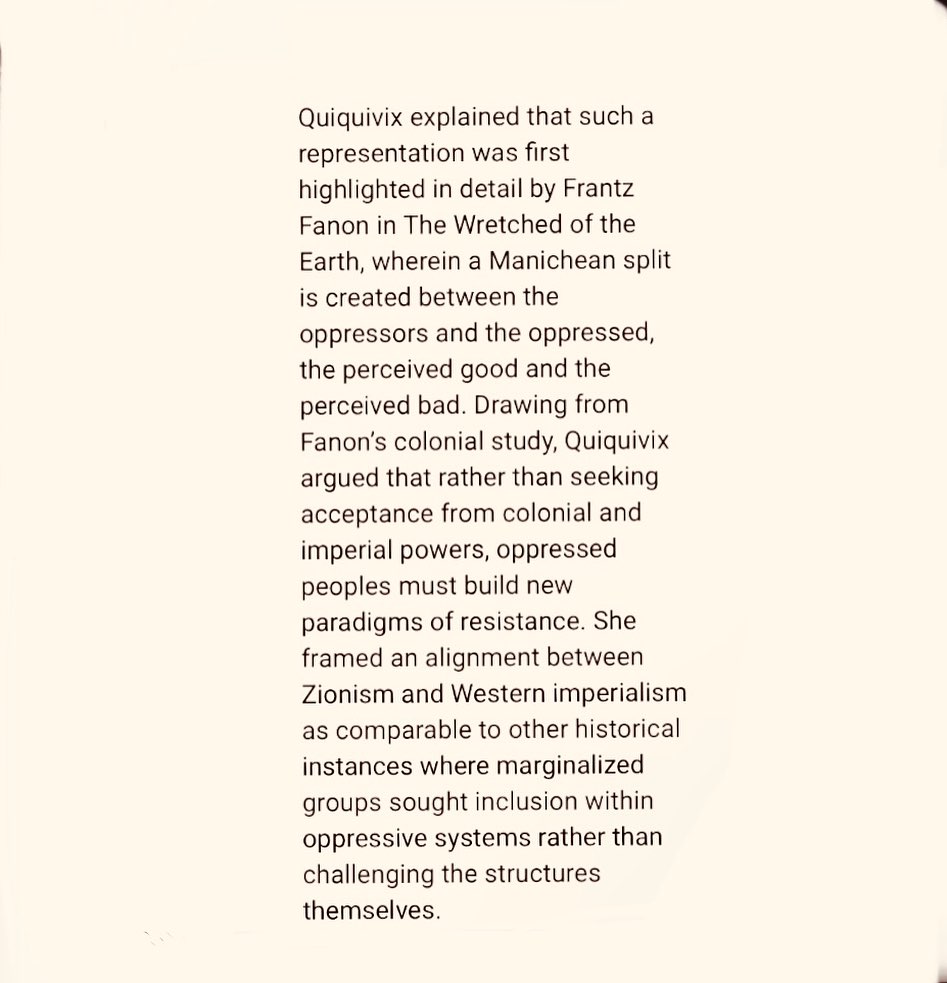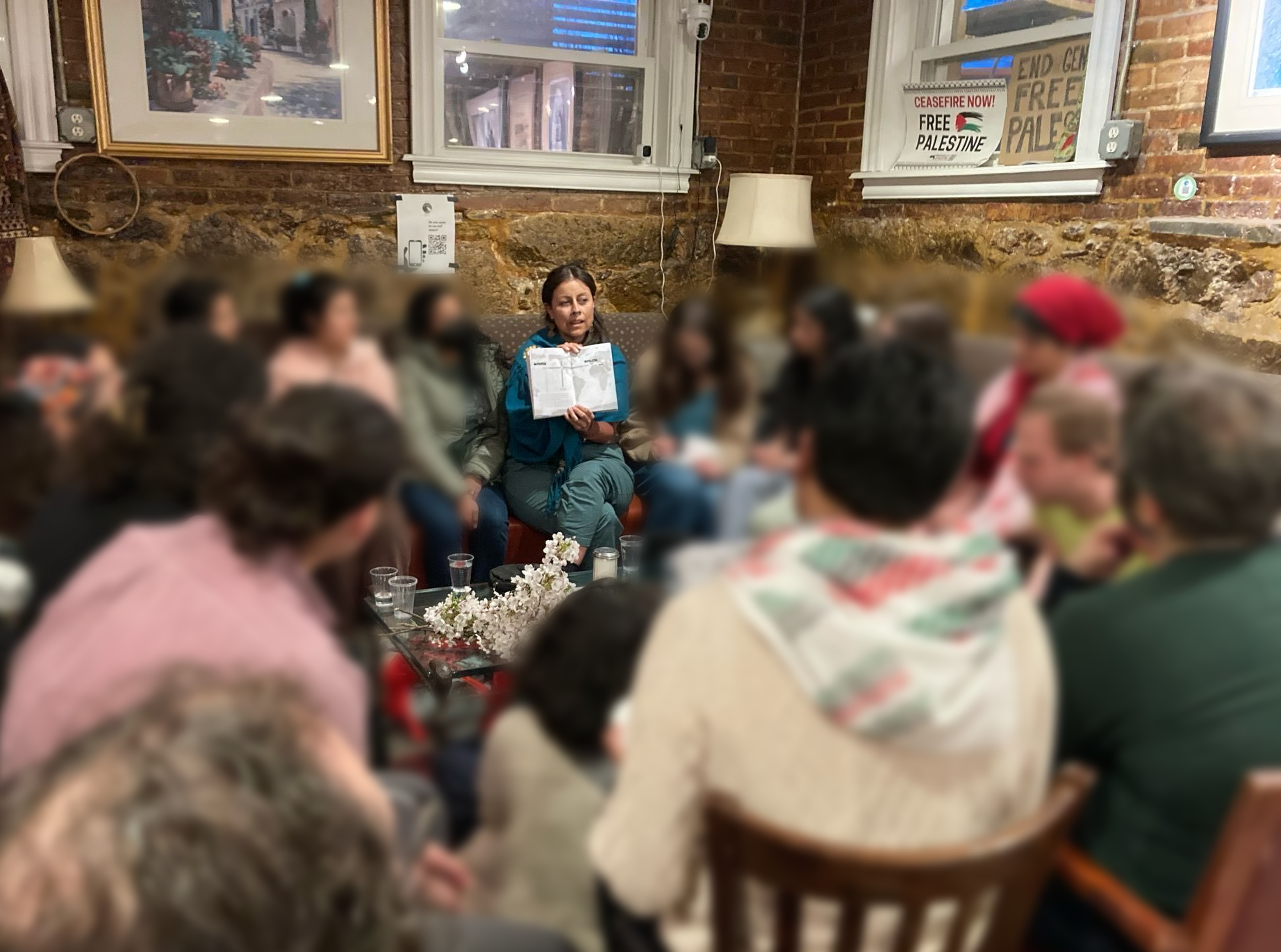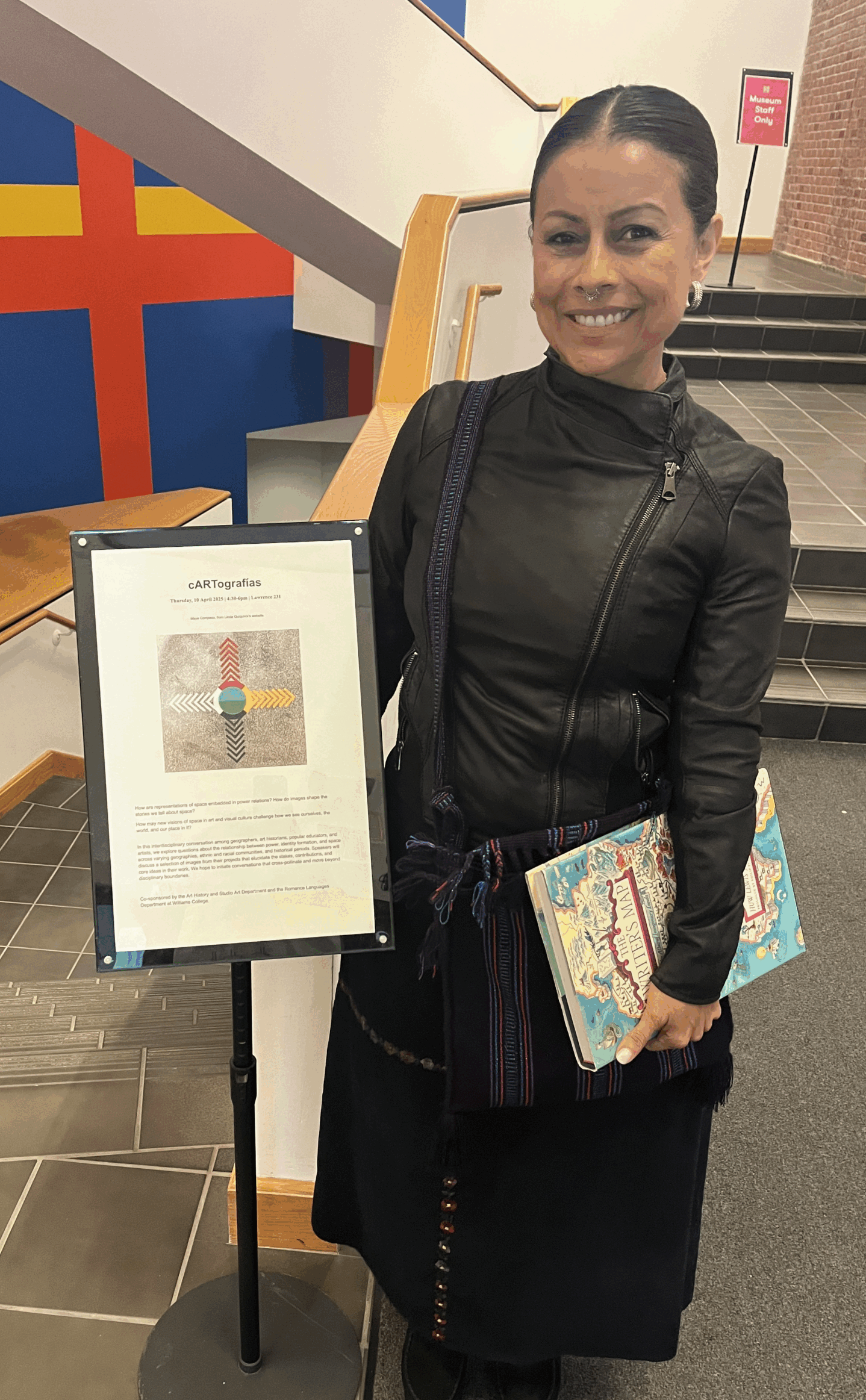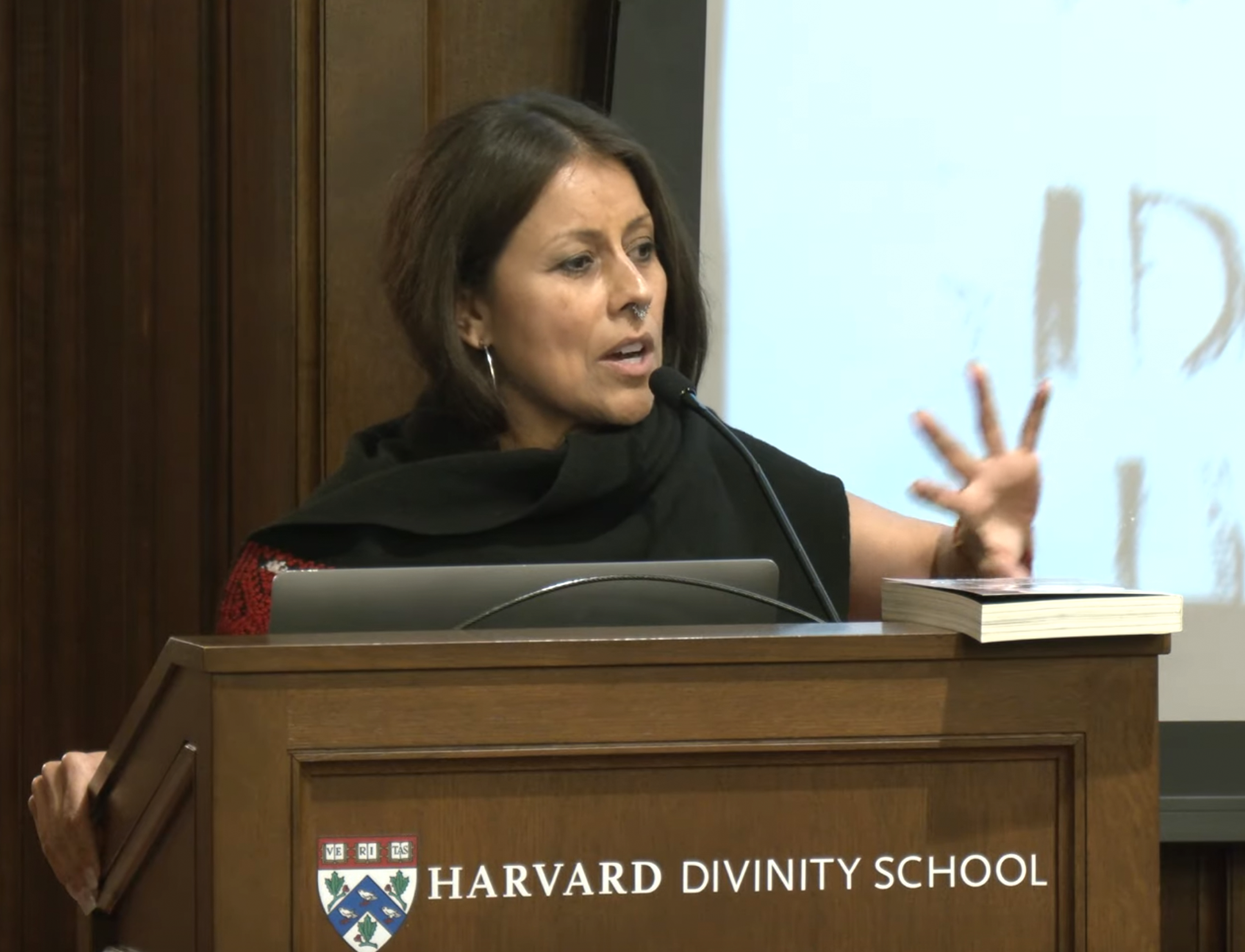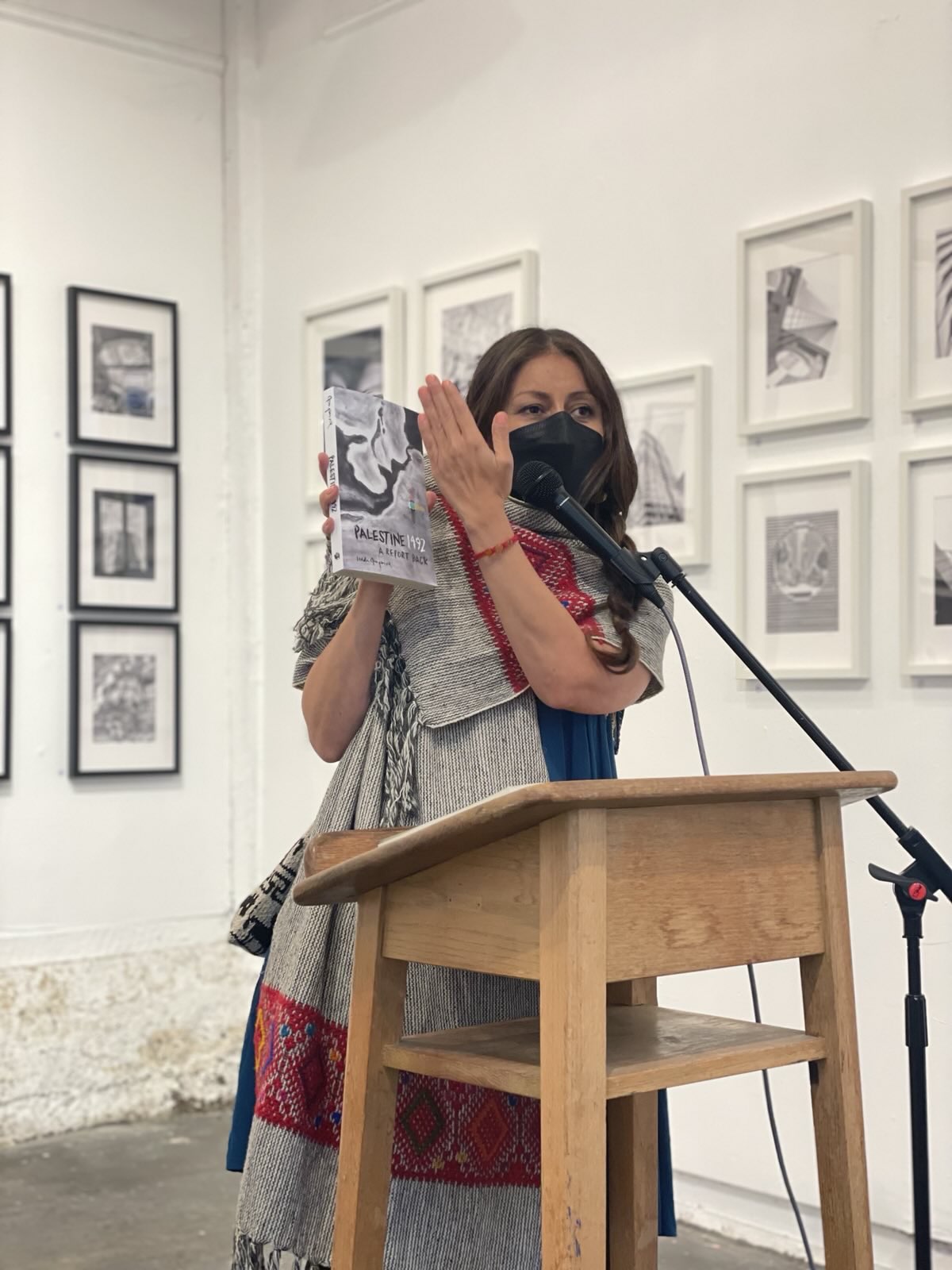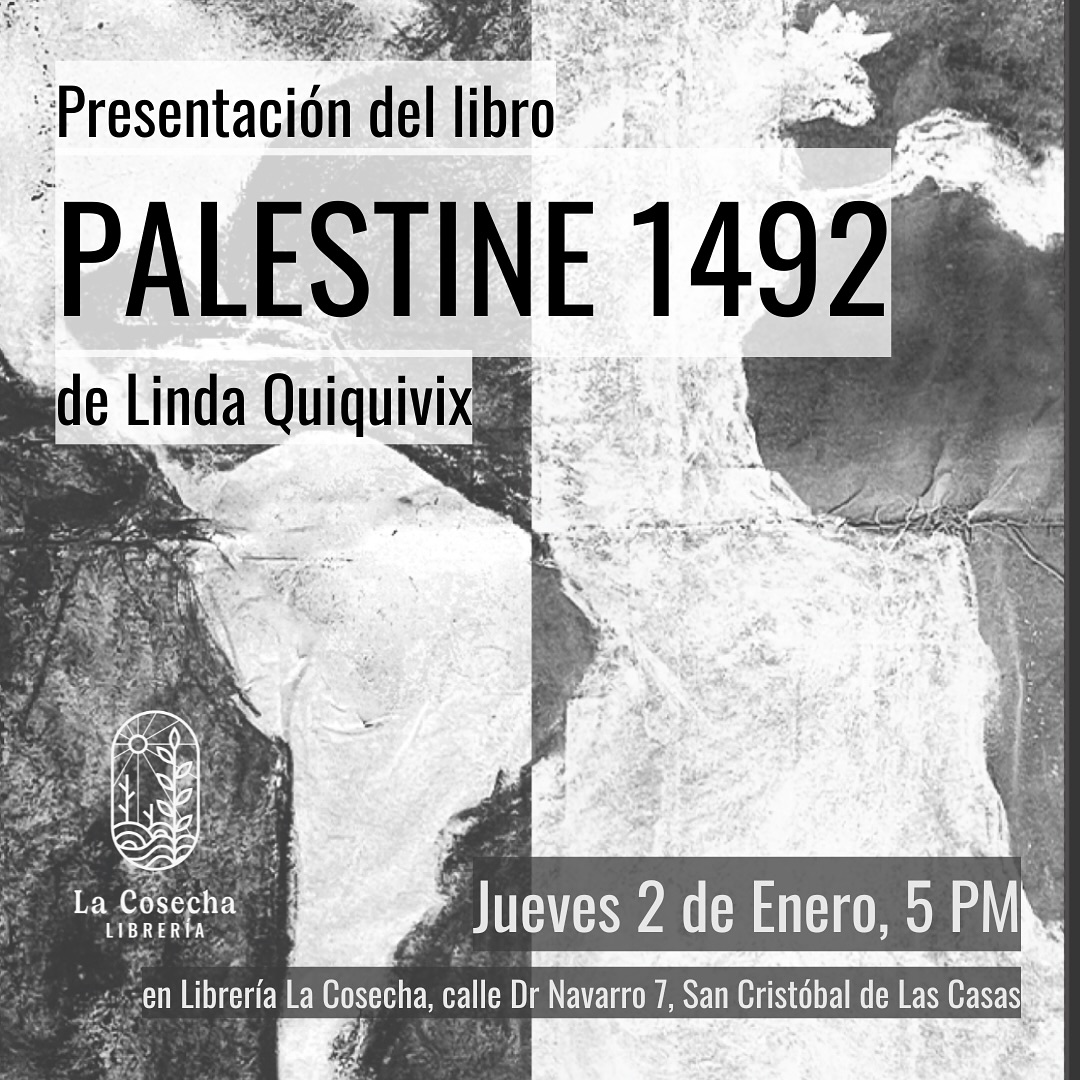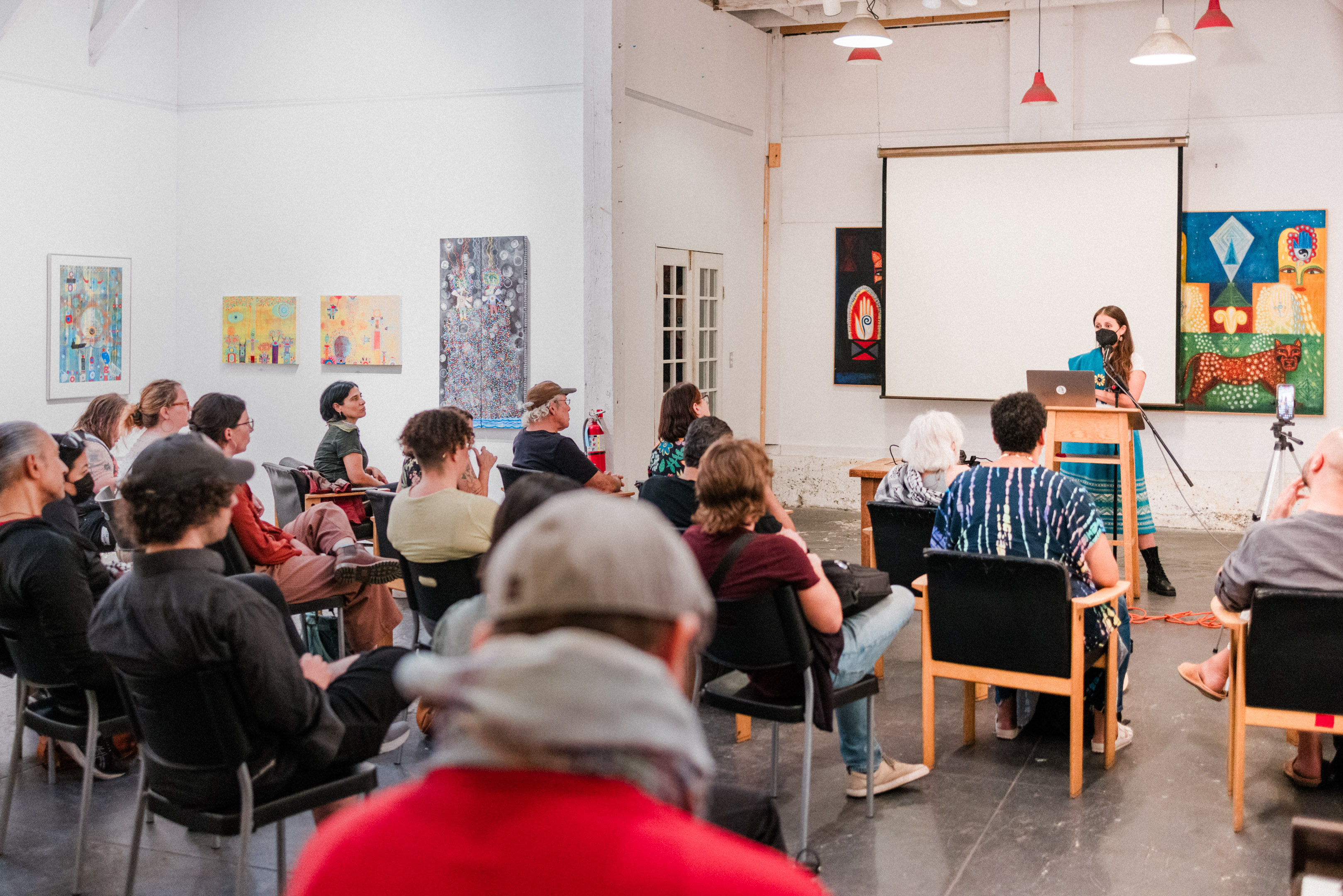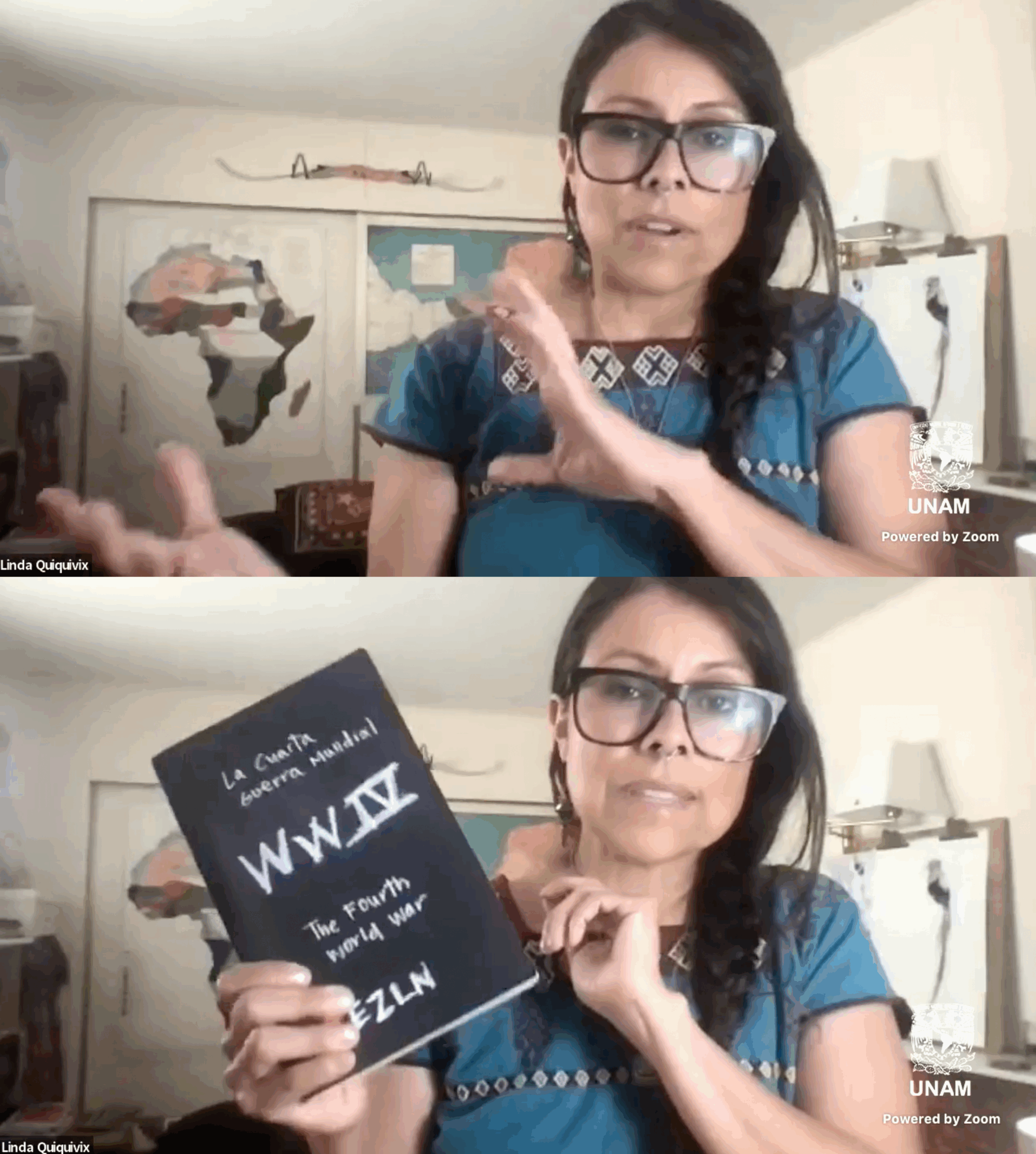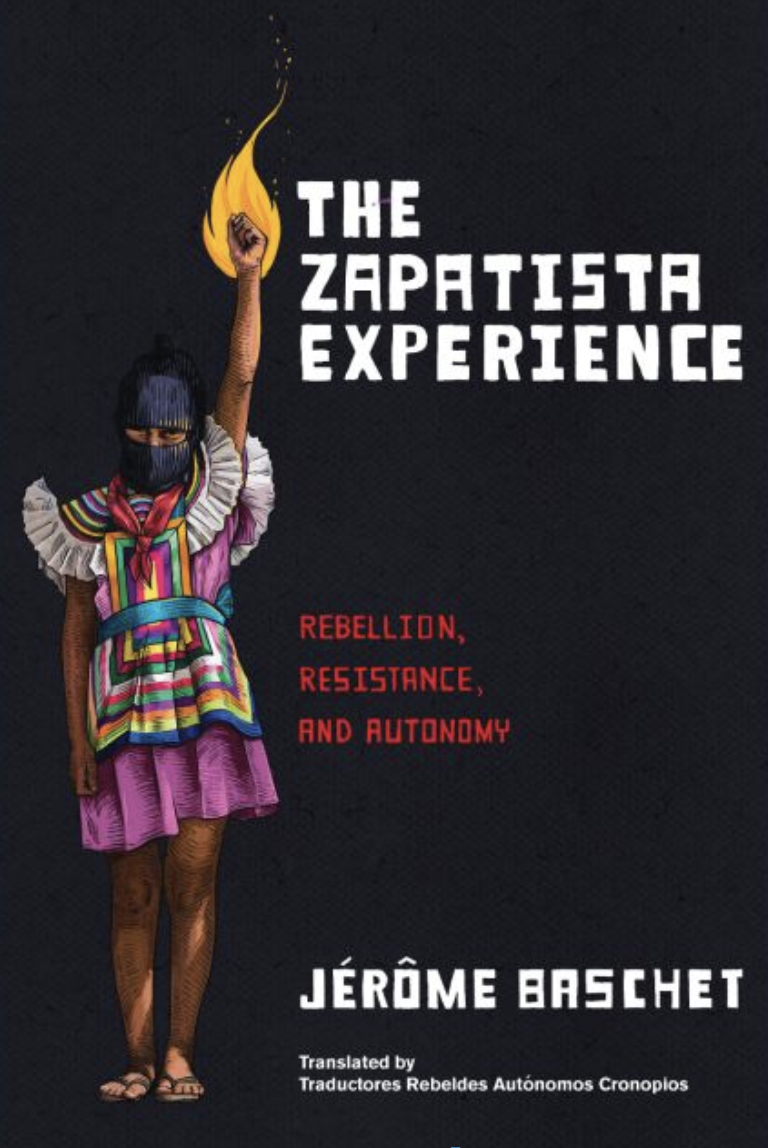Harvard Divinity School review of “Palestine 1492”
A beautiful write up about my presentation of Palestine 1492 at the Harvard Divinity School
An autonomous reading circle in Occupied Massachusett Territory
Tonight I held a circle with students fighting for Palestine in Cambridge and Boston-area universities.
cARTografías at Williams College
It was a delight to converse with art historian Carlos Rivas about maps and countermaps alongside Williams College faculty and students
Presenting “Palestine 1492” at Harvard Divinity School
Video of my talk with the Religion, Conflict, and Peace Initiative New Books Series at the Harvard Divinity School, on February 27, 2025.
Abiayala (América Latina) Con Palestina: Examining the Politics of Solidarity
I joined George Ygarza and Pablo Delaporte at SUNY Binghamton for a round table on the special NACLA issue we edited on Palestine
In Conversation with William C Anderson
When I listen to William C Anderson, I have a hard time predicting what he's going to say. It was an honor to share the word with the author of The Nation on No Map.
Video: Panthers and Jaguars on Fascism
On Saturday, February 8th we gathered at Medicine for Nightmares Bookstore and Gallery in Occupied Ohlone lands (San Francisco) to discuss theorizations on fascism from the Zapatistas and Black Panthers.
Reporting back to Chiapas at La Cosecha bookstore
Jueves 2 de Enero, 5pm en Librería La Cosecha, calle Dr Navarro 7, San Cristóbal de Las Casas
Book Launch at Medicine for Nightmares Bookstore & Gallery
Book launch of Palestine 1492: A Report Back at Medicine for Nightmares Bookstore & Gallery in San Francisco, October 3, 2024
With the Network of Decolonial Feminisms (Red de Feminismos Descoloniales)
It was an honor to offer my word alongside Sylvia Marcos and Layla Sanchez Kuri in the virtual conference: "Re-existence of women in Palestine against genocide"
The Zapatista Experience: Rebellion, Resistance, and Autonomy
It's thrilling to see released the English translation of Jérôme Baschet's "¡Rebeldía, resistencia y autonomía! La experiencia Zapatista," out now with AK Press
A Maya Compass
Accompanying the maps throughout Palestine 1492 is a compass inspired by Maya ceremonial altars. It is better appreciated on the book cover for its colors where red is east, black is west, yellow is south, white is north.




